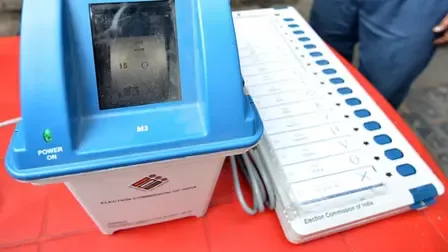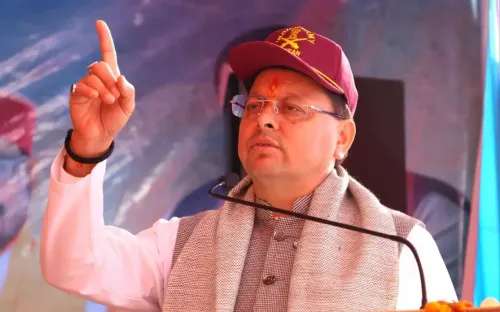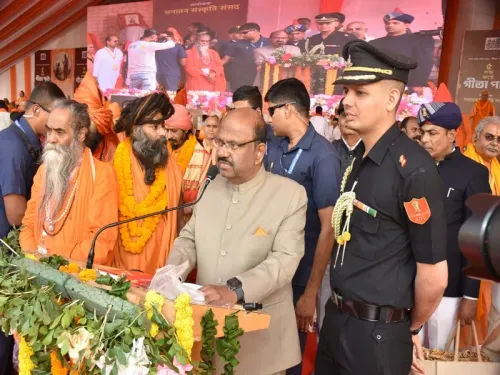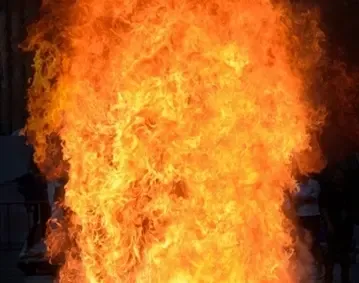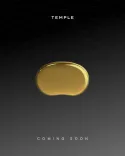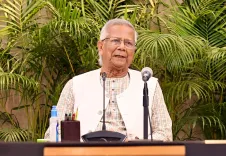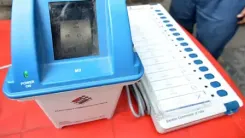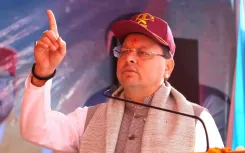Tamil Nadu to Undertake Significant Excavations at Korkai, the Historic Pandyan Port
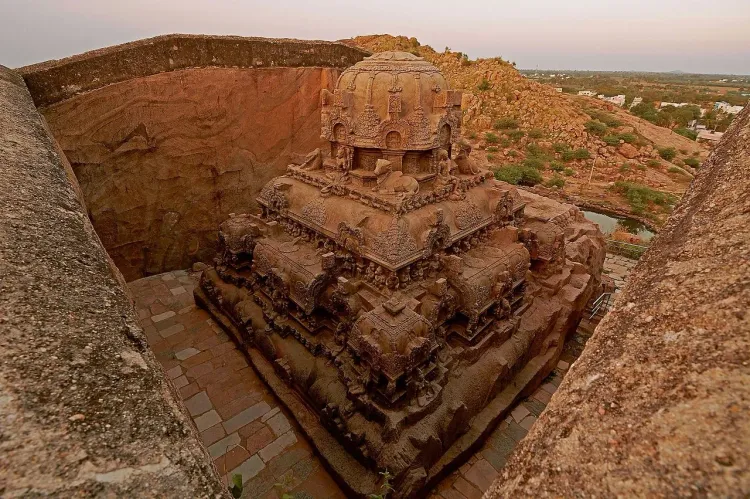
Synopsis
Key Takeaways
- Extensive excavations planned at Korkai.
- Chief Minister announced historical significance of iron in Tamil Nadu.
- Investigation of connections with other regions and cultures.
- Explorations in various historical sites across India.
- Focus on Tamil Nadu's archaeological heritage and museums.
Chennai, Feb 10 (NationPress) The Tamil Nadu Archaeology Department is gearing up for extensive excavations at Korkai, the renowned port city of the Pandyan Empire.
Korkai, a small village situated in the Srivaikuntam Taluk of Thoothukudi district, Tamil Nadu, was historically referred to as Pandya-Kavada in Kapatapuram.
This site is located roughly 3 km north of the Thamirabarani River and about 6 km from the Bay of Bengal.
This initiative is a follow-up to Tamil Nadu Chief Minister M.K. Stalin’s proclamation on January 22 regarding the early usage of iron in Tamil Nadu.
He remarked, “The Iron Age began on Tamil soil!” and referenced carbon dating results from esteemed institutions, which suggest that iron utilization in Tamil Nadu dates back to 3345 BCE—over 5,300 years ago.
A senior official from the Tamil Nadu Archaeology Department confirmed that initial studies at Korkai have been finalized and that excavation efforts will begin shortly.
The aim is to investigate Korkai’s relationships with other regions of India, its cultural ties with the global community, and the military expeditions led by the Cholas in Southeast Asia.
In addition to Korkai, the department is organizing joint explorations in sites such as Muski, Karnataka – noted for Emperor Ashoka’s rock edict, Venki, Andhra Pradesh – historically associated with the Chola kings, and Pattanam, Kerala – a Sangam-era port city linked to the Cheras.
Moreover, the Tamil Nadu Archaeology Department plans to conduct excavations in Southeast Asian nations to investigate the military campaigns of Tamil kings.
To honor the centenary of the Indus Valley Civilisation, the Tamil Nadu government has arranged a series of global conferences featuring scholars globally.
Additionally, the state will form a committee to assess proposals and claims regarding the deciphering of the Indus Valley script.
The Chief Minister of Tamil Nadu has previously announced a cash prize of $1 million for anyone who successfully deciphers the Indus Valley script.
Tamil Nadu is currently supervising the highest number of archaeological excavations nationwide.
Its research encompasses the evolution from the Stone Age to modern times, including the development of writing systems.
The government also intends to publish books on district-wise inscriptions and undertake the restoration and preservation of heritage sites, including cave temples and rock art.
Research on Sangam literature and excavations have uncovered that the Porunai Civilisation (Thamirabarani River civilisation) is among the oldest in the country.
In recognition of its historical importance, the government is planning a Porunai Museum.
Furthermore, the government is developing museums in Gangaikonda Cholapuram, Keezhadi, and Erode.
These museums will present Tamil Nadu’s rich cultural heritage to the world, with exhibits based on regional archaeological findings.


